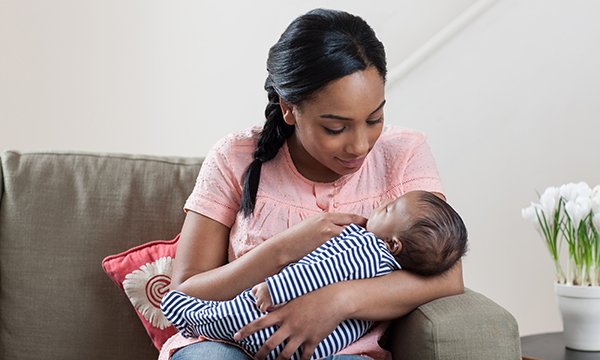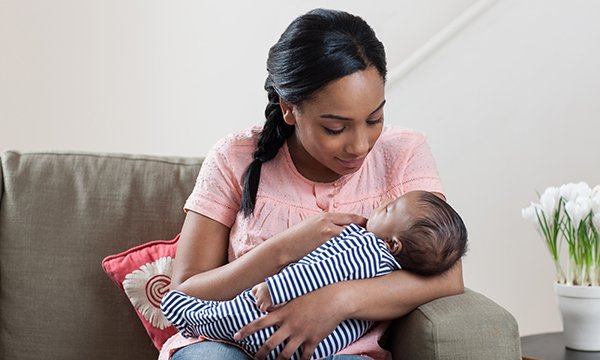Cross-party MPs call for improvements to early years services

All-party parliamentary groups say more attention should be paid to the critical first 1,001 days of life

Two all-party parliamentary groups (APPGs) believe there should be a shift towards improving services for children and families in the early years to improve the physical and mental health of future generations, and prevent future tragedies.
The call comes amid concerns about a decline in children’s mental health and cuts to public health budgets that have seen health visiting services throughout England threatened or axed. These cuts look set to continue next year.
- Related: An update on complementary feeding
It also comes when there is growing scientific evidence about the importance of the attachments babies form, and how neglect can cause psychological, social and economic damage as they grow older.
The APPGs want to see drastic changes in the way health services are provided to improve the quality and provision of services to support children and families in the first 1,001 days of life.
Life chances
Labour MP and GP Paul Williams told a meeting of the APPG for children and APPG for conception to age two that evidence for the importance of health services during early years is overwhelming.
He said that getting care right in the first 1,001 days of life improves people’s life chances, adding: ‘Half of women experience perinatal mental health problems so problems need to be picked up by current health professionals.
‘Not only does this have a significant impact on the people involved, but also on the children.’
‘We seem to be disinvesting in many of the areas that make a long-term difference.’
Financial cost
Conservative MP Andrea Leadsom, who heads the ministerial group on family conception from conception to age two, told a meeting attended by representatives from charities, unions and other groups that the first 1001 days are ‘beyond critical’.
There is a huge financial cost to not supporting families in the early years of their child’s life but the social cost is even greater.
‘Vulnerable families and children face a postcode lottery in services offered to them,’ she said.
‘This area is a priority for the government – how the government can improve the coordination and cost-effectiveness of early years support and, vitally, identify gaps in provision.
‘We want to make sure strong support systems are in place to help ensure the best possible start in life for infants as they develop.’
She told the meeting interim recommendations from the ministerial group she leads would be made in the new year.
The meeting on 27 November in Westminster heard that more is spent on people in their final year of life compared to the early years.
National lead
Liberal Democrat MP Norman Lamb said: ‘It is clear there needs to be a national lead with support from the centre and a shift away to the early years. We could have a tranformational effect in this country. The evidence is there but doing it properly is absolutely critical.’
Children’s commissioner for England Anne Longfield said that a recent visit to a young offenders institution showed that one fifth of male inmates are teenage fathers.
In her office's report A Crying Shame, published in October, it was highlighted that local authorities in England had identified 16,000 babies as having significant vulnerabilities.
‘There has never been a more important time for us to be involved in the first 1,001 days,’ she said.
‘There are so many opportunities. We need to start earlier and ensure there are solid foundations.’
Further information
- Children's Commissioner report: A Crying Shame
- An update on complementary feeding
- Assessment and treatment of nocturnal enuresis in children and young people
In other news

